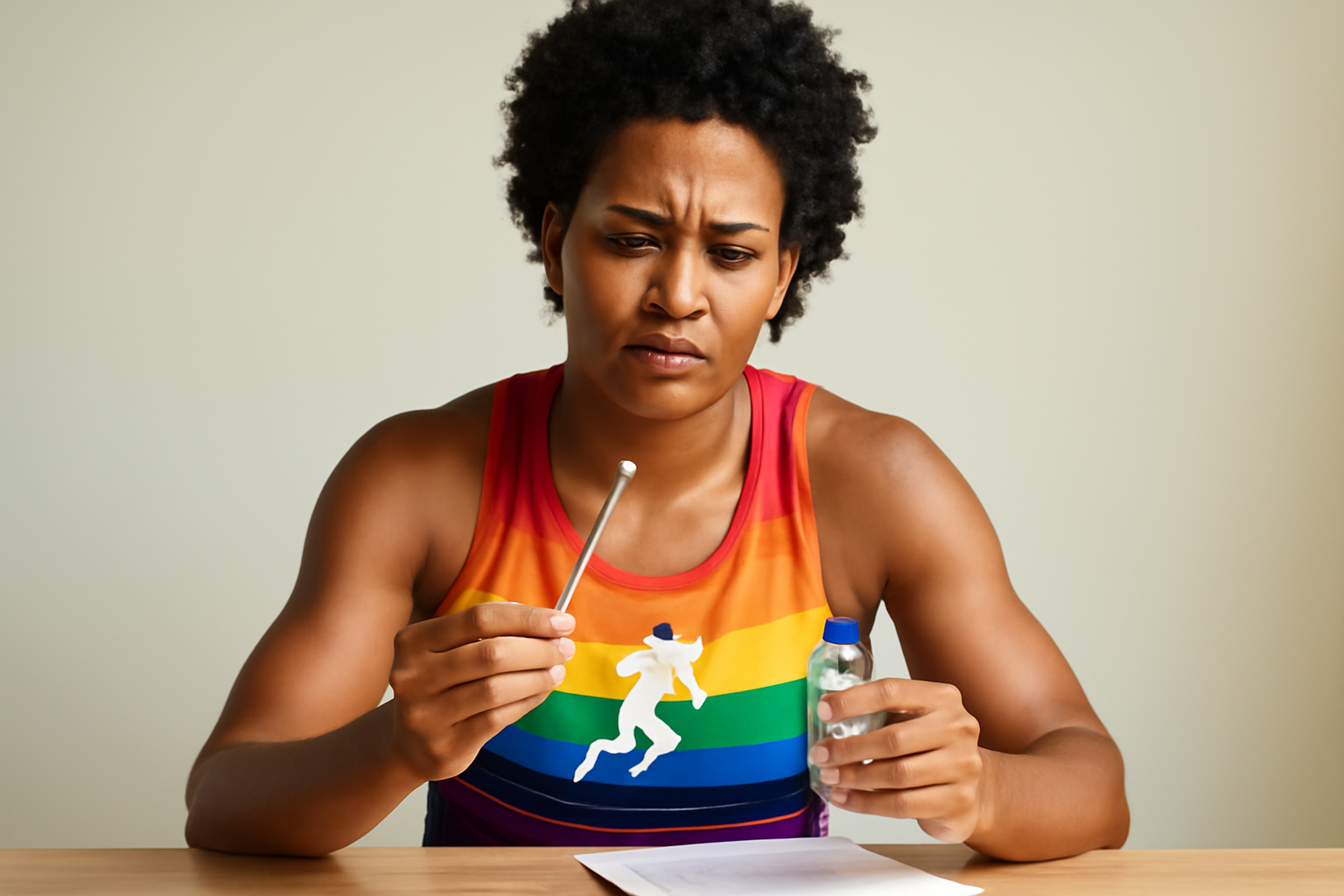
In recent weeks, the sports world has been rocked by the announcement of a major governing body returning to chromosome testing, citing concerns over "gender fraud." This decision echoes a problematic past, reminiscent of historic practices that sought to police and categorize athletes based on rigid gender binaries.
We are witnessing a disconcerting resurgence of policies that aim to "protect" women's sports. However, these measures often do more harm than good, perpetuating outdated notions of gender and undermining the integrity of women's athletics.
Recently, Sebastian Coe declared that the "enhanced" regulations under the World Athletics body aim to protect female categories. Yet, this protection does not focus on addressing real issues faced by women in sports, such as unequal media coverage, insufficient funding, or the threat of harassment.
The Questionable "One-Time Preclearance Requirement"
The proposed "one-time preclearance requirement" threatens to exclude athletes whose "differences in sexual development" deviate from established norms. This includes both cisgender and intersex women who do not meet traditional chromosomal standards.
Despite the International Olympic Committee (IOC) advising against gender testing since 1999, World Athletics has retained loopholes allowing them to scrutinize athletes' bodies if deemed "necessary." This approach has led to endless speculation and invasive examination of athletes like Caster Semenya and India's Duti Chand.
Discriminatory Practices in Sports
The policies disproportionately affect Black women and athletes from Asia, Sub-Saharan Africa, and the Middle East. The controversy surrounding Algerian boxer Imane Khalif highlights the racial biases embedded in these regulations.
Furthermore, IOC President-Elect Kirsty Coventry has expressed support for banning transgender women from women's sports, alongside endorsing stricter DSD regulations. This stance, coupled with efforts to exclude "suspect" athletes from international competitions, raises concerns about the future inclusivity of major sporting events like the 2028 Olympics.
Intersection of Racism and Transphobia
Recent events in the NWSL spotlight these intersecting issues. Zambian player Barbra Banda, a rising star in women's soccer, faced racist and transphobic remarks from spectators, questioning her gender identity.
Banda's exclusion from Zambia's team in 2022 due to a failed sex-verification test, later overturned by FIFA, underscores the flawed and discriminatory nature of these testing protocols.
The reintroduction of gender testing by World Athletics and potential IOC endorsements could exacerbate these issues, marginalizing athletes based on perceived differences.
Reflecting on the Fairness Framework
Three years ago, the IOC introduced guidelines prioritizing inclusivity and fairness for trans and intersex athletes. These guidelines emphasized that no athlete should be excluded based on alleged advantages tied to sex variations or transgender status.
Despite these recommendations, governing bodies have largely ignored them. Coventry's recent statements suggest a continuation of this dismissive trend, prioritizing exclusion over inclusion.
A Step Backwards in Sports History
Historian Michael Waters, who explores the roots of gender policing in sports, argues that these policies echo a bygone era where rigid gender categories dictated athletic participation. Returning to such attitudes risks undoing decades of progress towards a more inclusive sports environment.
As sports organizations consider these regressive policies, we must ask: What happens if athletes are subjected to the same humiliating practices seen in the past, like the "nude parades" of the 1960s?
The revival of gender testing threatens to cement outdated binaries and exclude those who do not fit neatly into these categories. It is imperative for sports to embrace diversity and dismantle barriers that hinder equal participation.
Stay informed about these critical issues and more by subscribing to our newsletter, which highlights inspiring LGBTQ stories and celebrates diversity in sports.
Related Posts
Triumphant Trans Woman Wins Legal Battle and Inspires Others to Stand Up for Their Rights
Breaking new ground: a landmark victory in transgender rights After battling in courtrooms and enduring endless challenges, Diana Portillo, a transgender woman, has secured a monumental victory in her decade-long fight against workplace discrimination. The result? Nearly $1 million awarded in a historic settlement. But this isn't just a win on paper—it represents a powerful precedent in combati [...]
Pride Month in Latin America: Protests and Demands for Equality
**Celebrating Pride and advocating LGBTQ+ rights in Latin America** Pride Month in Latin America was a lively mix where celebration met activism. Communities united, not just throwing a party but making a stand—demanding equality and pushing governments toward better protection and rights recognition. Throughout Latin America, pride events erupted in marches and cultural displays, each with a c [...]
Transgender Erasure Actions Implemented by National Park Service
```html Trump administration's impact on national park service and transgender recognition The Trump administration made notable moves in undermining transgender representation, which included directing agencies like National Park Service not include "T" and "Q" when they refered “LGBTQ” in any official communication. This move seems part a broader plan by this administration aimed at reducin [...]